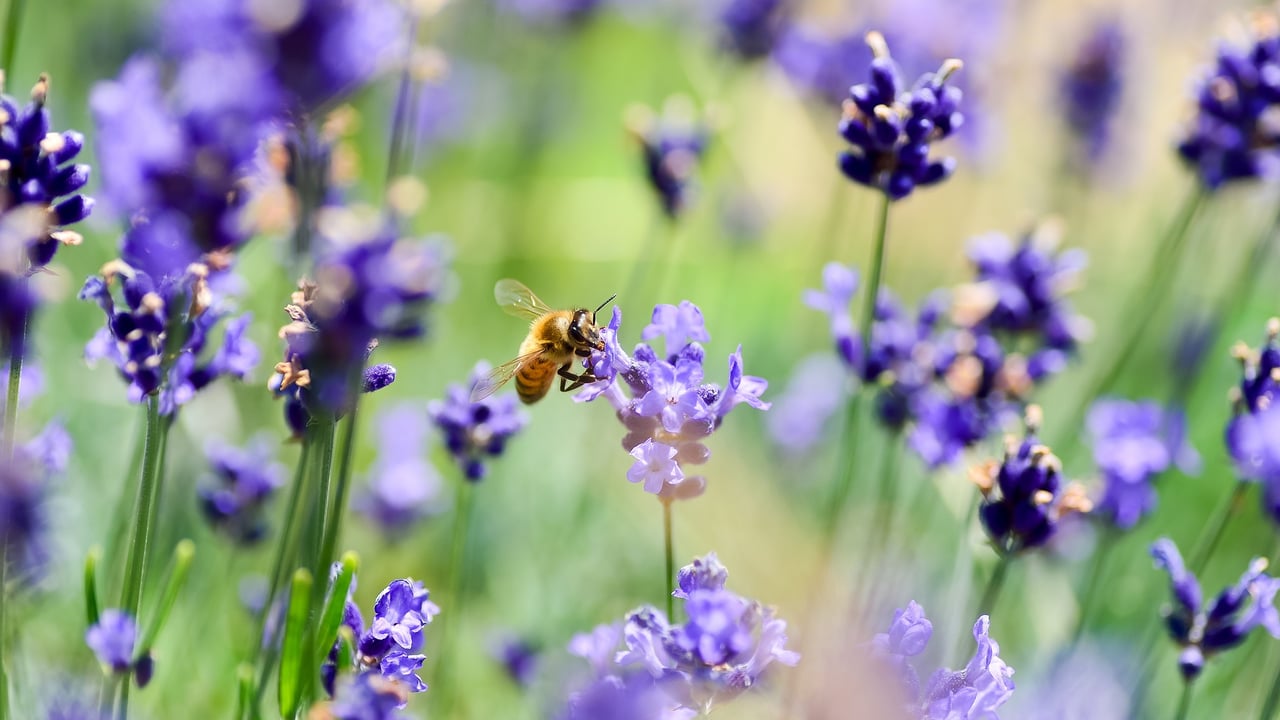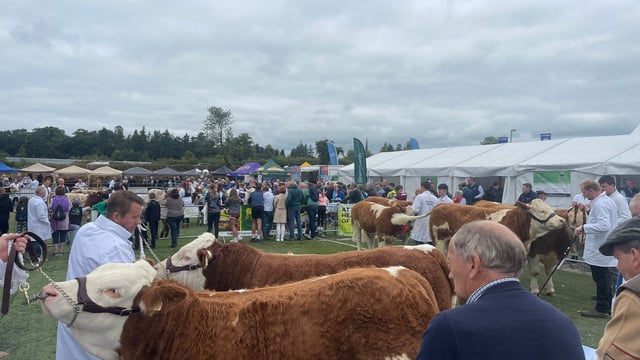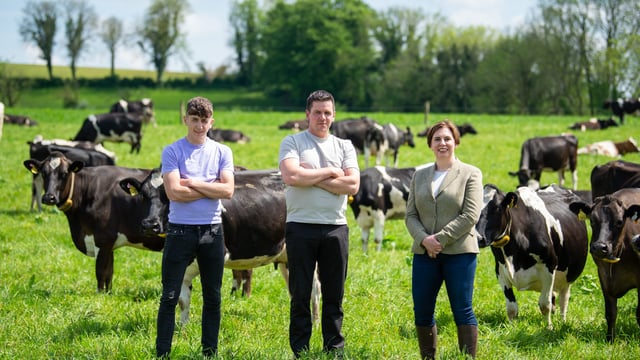DAERA hosts public consultation events on draft NI climate plan
The Department of Agriculture, Environment and Rural Affairs (DAERA) is urging to the public to have their say on Northern Ireland’s first draft Climate Action Plan for 2023-2027.
Belfast City Hall hosted the first public consultation event today (Wednesday, August 20) on the draft plan, which was launched in June.
Further events will be held over the coming weeks in Cookstown; Craigavon; Enniskillen; Ballymena; Newry; Ballynahinch; Omagh; Derry; and Coleraine.
An additional online consultation event is planned for October 2.
According to DAERA, the events will allow members of the public to learn about the draft action plan and help shape its policies and proposals to reduce carbon emissions.
Minister for Agriculture, Environment and Rural Affairs Andrew Muir noted that the 16-week consultation is due to end on October 8.
“In recent weeks and years, we have seen the damaging and costly impacts of climate change around the world and closer to home from flash flooding, wildfires, warmer seas and more frequent and severe storms.
"No section of society is immune but we can still collectively address it," he said.
“The launch of the draft Climate Action Plan is a significant milestone for Northern Ireland that will inform how we reduce carbon emissions, grow our green economy, protect our environment and improve our health and wellbeing.
"It isn’t just a plan. It’s a roadmap towards a more sustainable future. Everyone in society will have a key role to play in delivering it.
"That’s why it is important we hear from you in the coming weeks because this is a challenge that will not just impact us but future generations," Minister Muir added.
Full details of the consultation events are available on the DAERA website, where people can also register to attend.
The Climate Change Act (Northern Ireland) 2022 sets a net zero target for 2050 in line with net zero commitments across the UK and Ireland.
The base year for net zero for carbon dioxide, methane and nitrous oxide emissions is 1990, and 1995 for the fluorinated gases.
In addition, three carbon budgets will map out targets for achieving this in a planned and gradual way up to 2050.
A public consultation has also been launched on the fourth carbon budget (2038-42) and can be accessed on the DAERA website before it closes on November 17.
The Climate Change (2040 Emissions Target) Regulations (Northern Ireland) 2040 sets an emissions target of an at least 77% reduction by 2040 against baseline.
The agriculture sector is the largest emitter and accounted for 29.1% of Northern Ireland greenhouse gas emissions in 2022.
While the act requires overall net emissions for 2050 to be 100% lower than the baseline, it does not require methane emissions to be more than 46% lower than the baseline.
DAERA said that reducing emissions in the agriculture sector will be achieved through the delivery of its Sustainable Agriculture Programme.
The programme encourages a rapid transition to low carbon farming practices.
It provides an approach for reducing emissions from the agriculture sector through more targeted reductions in livestock numbers, delivered through improved productivity while allowing the agriculture sector to maintain output.





